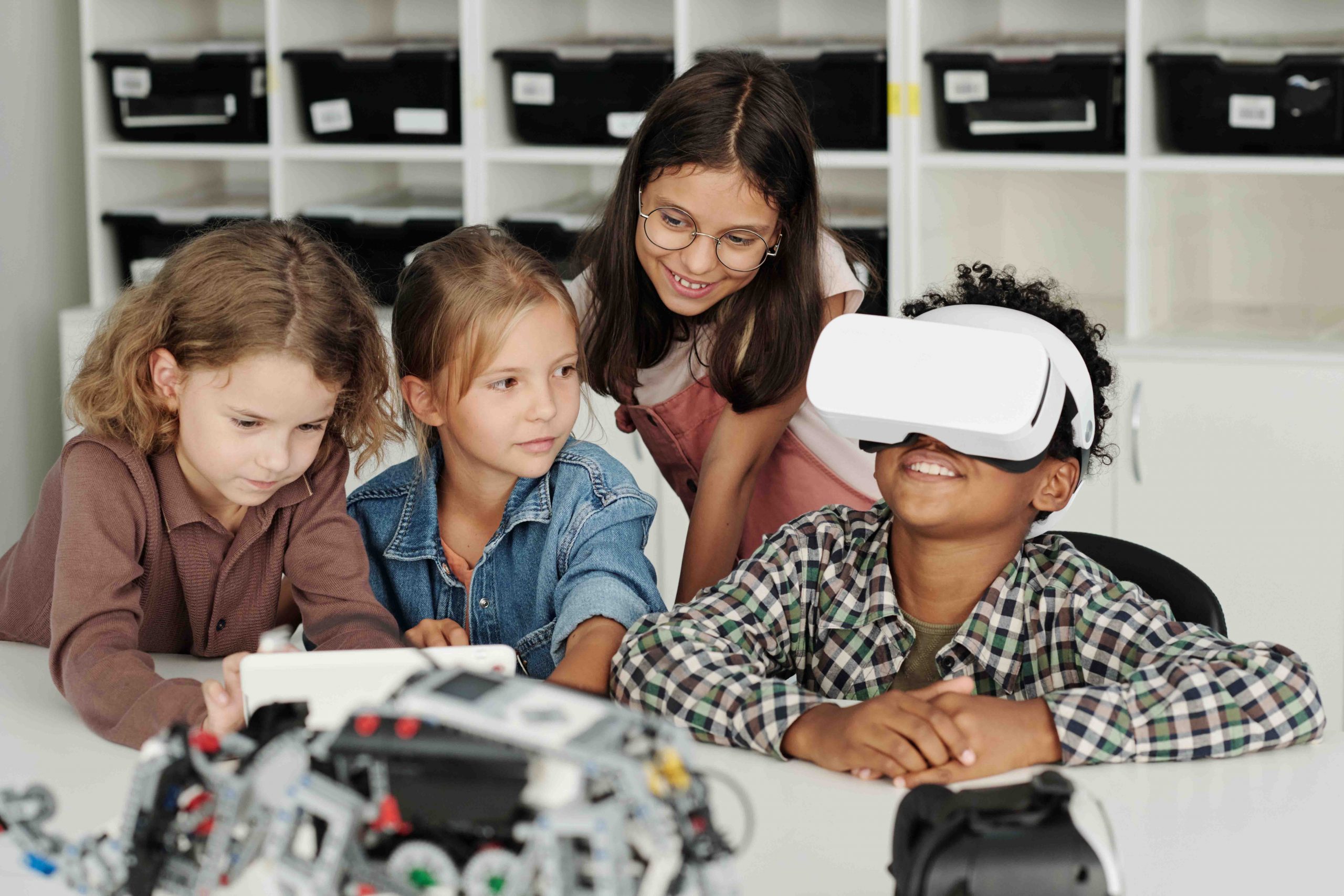They Said, “Learn to Code”: Why Yesterday’s Must-Have Skills Are Already Fading
Remember the narrative? “Learn to code and you’ll always have a job.” This advice echoed through graduation speeches, career counseling sessions, and countless thinkpieces about the future of work. Parents signed their kids up for coding camps and boot camps boomed with career-changers hoping to secure their futures in a digital economy.
Fast forward to 2025, and the landscape has shifted dramatically.
Junior and mid-level programming jobs are evaporating as AI code generators churn out clean, functional code in seconds. What took a human programmer hours now happens nearly instantaneously. The promise of coding as the ultimate career safety net is unraveling before our eyes.
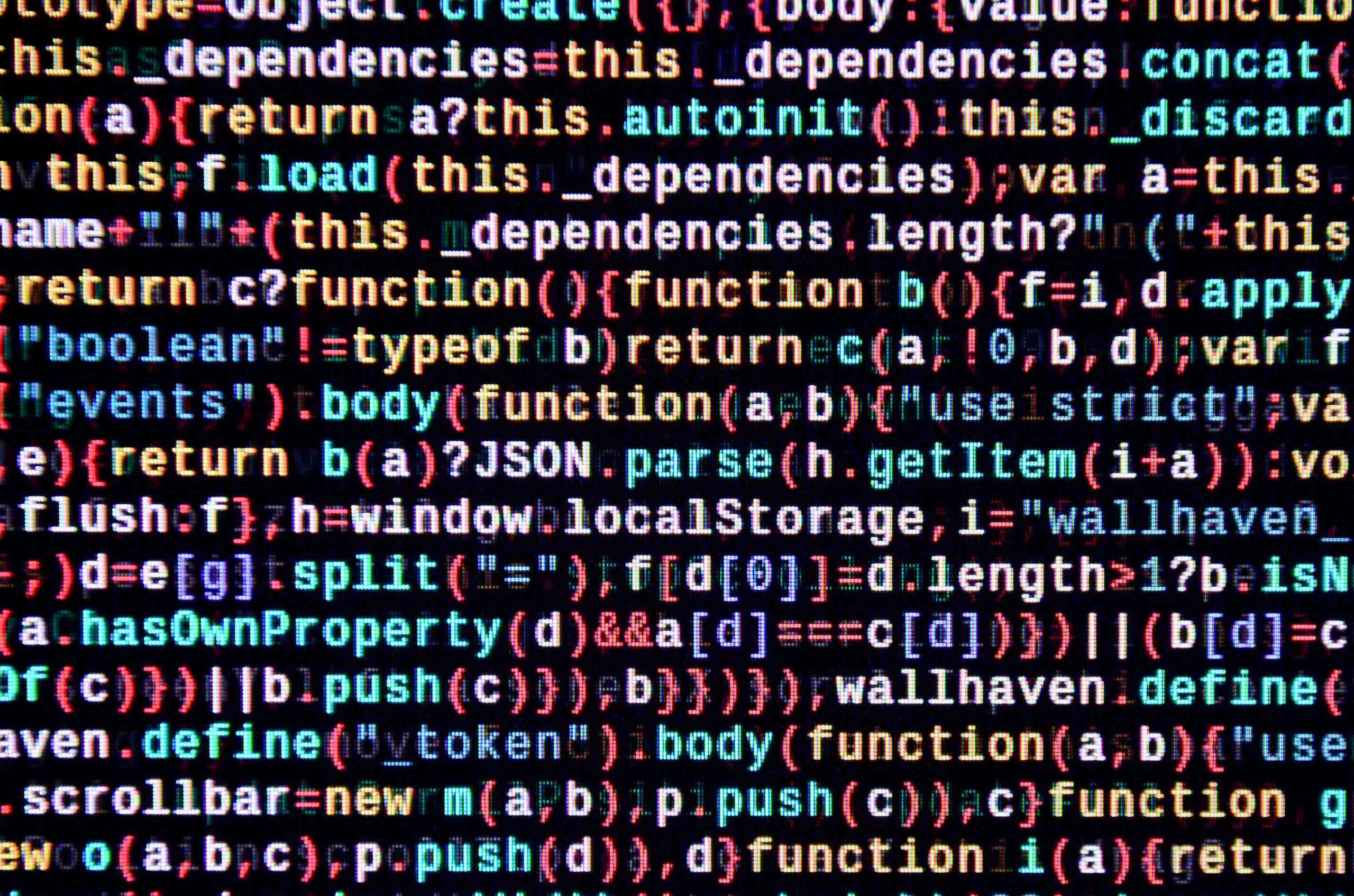

The AI Acceleration
The signs were there even before generative AI went mainstream. Automated testing, low-code/no-code platforms, and increasingly sophisticated libraries were already reducing the demand for basic programming skills. But few anticipated how quickly AI would transform the field.
Consider:
- Templates, wizards, and frameworks had already simplified many coding tasks
- Junior developers increasingly found themselves implementing rather than creating
- The real value was shifting toward systems architecture and problem definition
- Generative AI now handles both routine coding and increasingly complex tasks
A senior developer at a major tech company recently told me: “We’ve stopped hiring junior programmers entirely. Why would we? AI handles the grunt work, and our senior architects define the systems. The middle ground is disappearing.”
This isn’t to say coding knowledge isn’t valuable—it is. But the idea that learning syntax is enough to future-proof a career has proven dangerously shortsighted.


From "Learn to Code" to "Learn to Think"
The rapid displacement of coding jobs reveals a deeper truth about preparing for the future: focusing on specific technical skills is a losing strategy in an era of accelerating change.
What endures isn’t technical knowledge but meta-skills:
1. Systems Thinking
Understanding how complex parts interact matters more than writing any single component. While AI can generate code, it struggles to grasp the full context of interrelated systems and their real-world implications.
2. Problem Definition
The most valuable skill isn’t solving problems but correctly defining them. This requires understanding human needs and contextual nuances that AI simply cannot access without human guidance.
3. Ethical Reasoning
As technology’s capabilities expand, so do its potential impacts. The ability to anticipate consequences and make value-centered decisions becomes increasingly crucial—and remains distinctly human.
4. Adaptive Learning
Perhaps most importantly, tomorrow’s professionals need the ability to continuously learn, unlearn, and relearn as technologies and needs evolve.
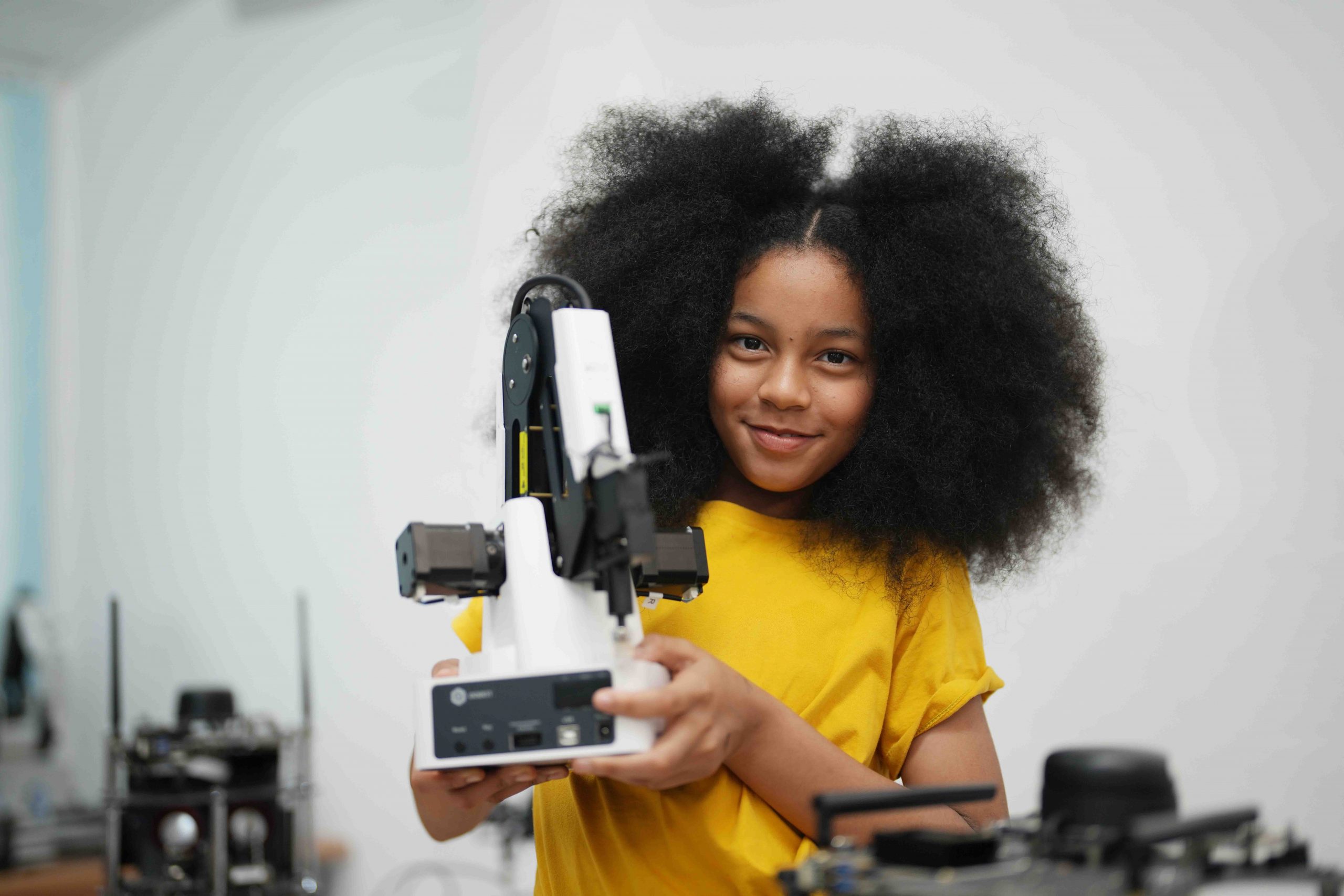
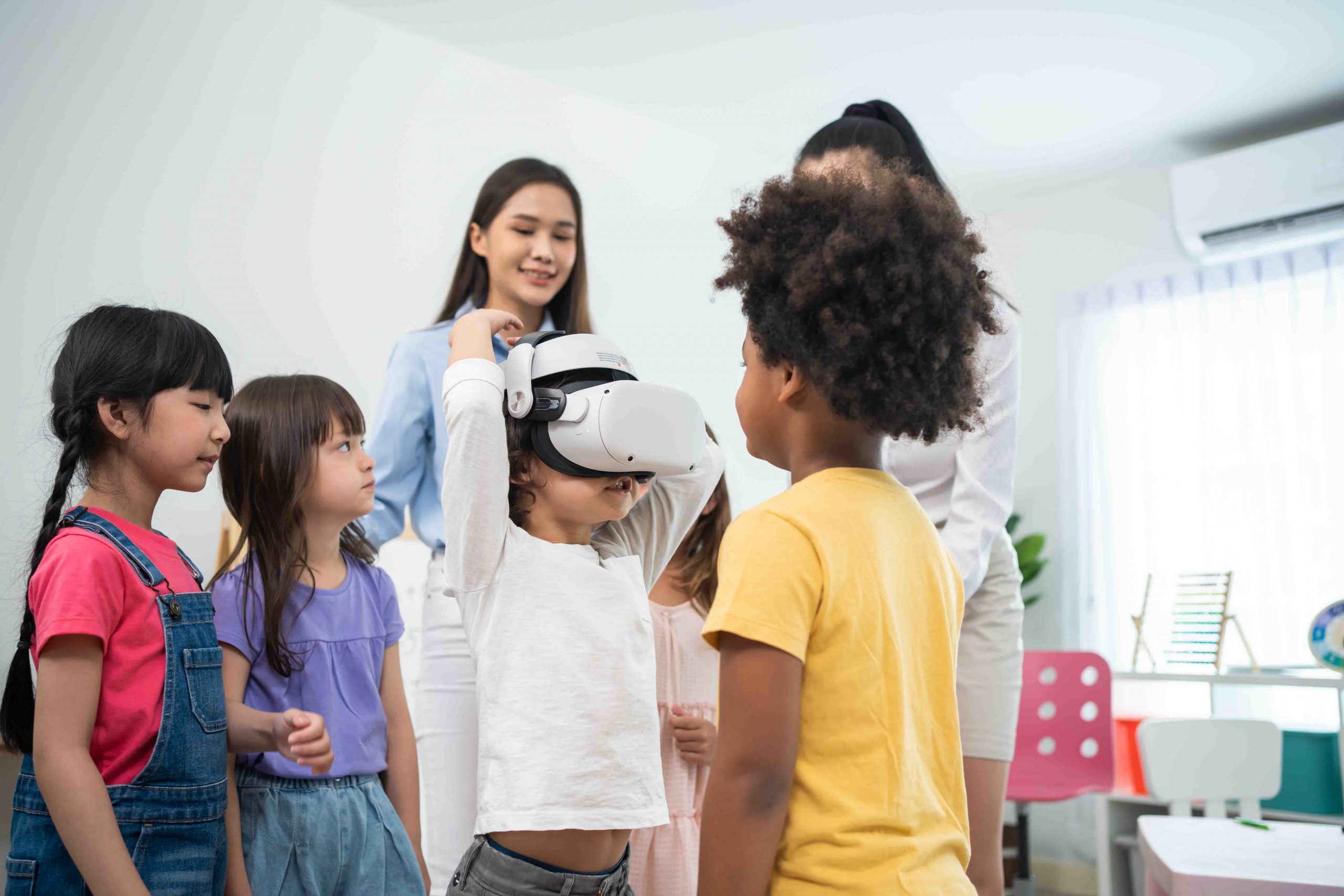
What This Means for Education
If coding—once considered the epitome of future-ready skills—can be so quickly disrupted, what does this mean for how we prepare children?
The answer isn’t abandoning technical education but fundamentally rethinking its purpose. Rather than teaching specific languages or platforms likely to become obsolete, education should focus on developing fluency with the underlying principles and thought patterns.
We need to shift from:
- Learning answers → Learning to ask better questions
- Memorizing processes → Understanding principles
- Following instructions → Defining problems worth solving
- Technical skills alone → Technical skills + human wisdom
Future Fluence: Beyond Technical Literacy
This is why we advocate for developing what we call “Future Fluence”—the ability to confidently navigate and shape an uncertain future.
Future Fluence encompasses:
- Adaptive thinking: Pivoting when circumstances change
- Systems understanding: Seeing connections between seemingly unrelated elements
- Ethical reasoning: Weighing the impacts of innovation
- Possibility mindset: Envisioning solutions rather than just problems
- Confident exploration: Approaching the unknown with curiosity
Children with these capabilities won’t be rendered obsolete when the next technological wave hits. They’ll ride it.

Preparing Children for 2035, Not 2025
The coding boom-and-bust cycle teaches us something crucial: we need to prepare children not for the job market as it exists today, but for a future we cannot yet clearly envision.
This means:
- Teaching technology as a medium, not an end goal Kids should use technology as a creative tool while understanding its limitations and implications.
- Emphasizing transferable mental models The thinking patterns behind algorithmic reasoning matter more than specific syntax.
- Developing comfort with ambiguity The future belongs to those who can navigate uncertainty rather than seeking false security in today’s hot skills.
- Cultivating unique human strengths Creativity, empathy, ethical reasoning, and collaborative problem-solving become more valuable as routine tasks are automated.
The Path Forward
None of this means technical education isn’t valuable. Coding still offers tremendous benefits in developing logical thinking, problem decomposition, and digital literacy. But we need to be honest about its limitations as a career safety net.
Instead of pinning hopes on specific technical skills, we should help children develop the meta-skills that will serve them regardless of how technology evolves:
- The confidence to explore unknown territories
- The wisdom to ask meaningful questions
- The creativity to envision new possibilities
- The ethical foundation to make choices that benefit humanity
These capabilities won’t be rendered obsolete by the next app, platform, or AI breakthrough. They’ll only become more valuable.
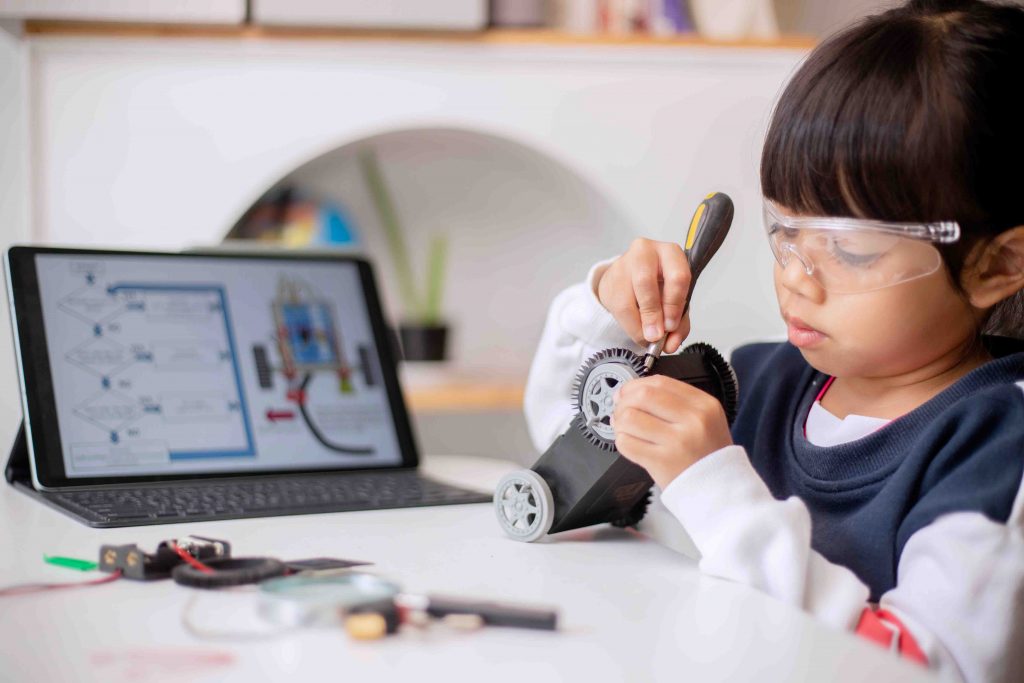
Conclusion: Beyond the Coding Narrative
The rapid disruption of coding jobs serves as a powerful reminder that the future belongs not to those who master today’s skills, but to those who can continually adapt to tomorrow’s challenges.
For parents and educators, this means shifting focus from teaching specific technologies to nurturing the underlying capacities that enable lifelong adaptation and growth.
The goal isn’t raising a generation of coders—it’s raising a generation of thinkers, creators, and ethical innovators who can shape technology to serve human needs, rather than being shaped (or displaced) by it.
How are you preparing children for a future beyond coding? Share your thoughts in the comments.






